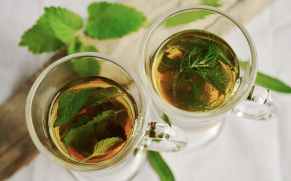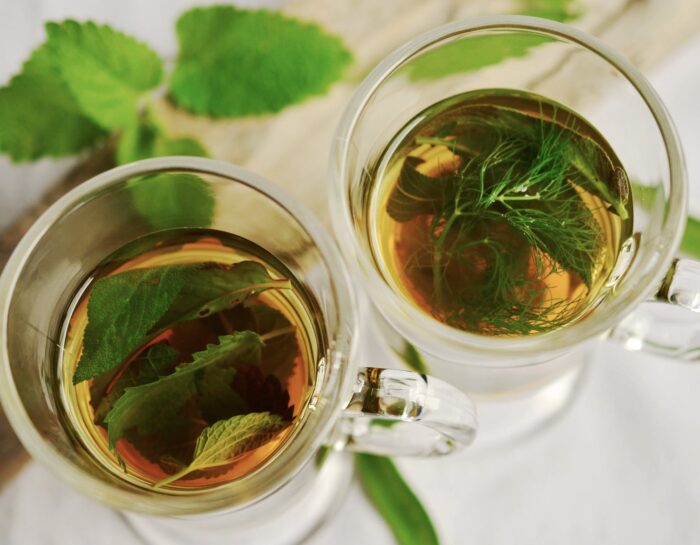by Chef K.T. Murphy
Herbs and Botanicals For Type 2 Diabetes:

Over the centuries, people have relied on herbs and natural ingredients to cure all sorts of diseases. And with 29.1 million type 2 diabetes patients in the United States alone, the search for a cure has taken many to turning to these traditional remedies.
A comprehensive review of literature and studies of diabetes and herbal medicine (Chapter 19 Diabetes and Herbal (Botanical) Medicine; Cefalu, et al) suggests there is no evidence to support the use of any of these botanical remedies to treat type 2 diabetes or any of its related symptoms. However, studies and clinical research are undergoing and should provide more data in the future.
The website Everyday Health cites some of the most commonly used botanicals and herbal remedies for type 2 diabetes.
Ginseng
Ginseng has been an important ingredient in traditional medicine for thousands of years, and there is evidence that it may help reduce blood sugar levels in diabetes patients. Specifically, a study in mice found ginger berry helps in normalizing blood sugar levels and even improve insulin sensitivity. A Canadian study by the University of Toronto found similar results. Another study found that adding ginger to a normal diabetes regime of diet, physical activity, and medication resulted in a reduction of 9% in blood sugar levels compared with the results obtained from taking a placebo.
Fenugreek
Traditionally, this herb has been used as medication as well as a spice in the Middle East for thousands of years. More recently, its positive effects for diabetes patients have been described in both animal and human clinical trials. For example, a study of 25 people found that fenugreek had a significant impact on maintaining blood sugar levels controlled.
Another study, published in 1990 in the European Journal of Clinical Nutrition, also suggests the benefits of this herb with reducing blood sugar in people who took 50 grams of fenugreek seed powder twice a day compared with those who took a placebo.
Cinnamon
Besides its traditional use as a spice, cinnamon is becoming increasingly popular as a supplement to aid in the treatment of some illnesses, including diabetes.
Although it is still not well understood how cinnamon affects glucose levels, it is believed that the active component in cinnamon is the polyphenol type-A polymers are among the primary active components. However, even if researchers are studying the effects of cinnamon in diabetes more closely, the results of clinical trials completed to date are not yet consistent.
Aloe vera
The healing properties of aloe vera have been well known and used for centuries. However, even though aloe vera has been used in medical treatments in the Arabian Peninsula and India for thousands of years, its positive effects on diabetes are still contested by contemporary medicine.
Some studies, clinical trials, and comprehensive reviews suggest that aloe vera juice helps controlling blood sugar levels in type 2 diabetes patients. However, other clinical studies are not conclusive.
Bitter Melon
Bitter melon is widely used in Asian cuisine and has also been considered a medicinal food for diabetics in this region. It is mostly known for helping relieve symptoms like thirst and fatigue, and evidence suggests it may have some benefits. For example, bitter melon seems to help reduce blood sugar. A study points to its possible mechanism of action – a component called polypeptide-p, with a structure similar to insulin in animals. This, in turn, indicates it may contribute to lowering glucose levels.
However, while these and other studies point out to possible benefits, only half of the total studies made on bitter melon have demonstrated its efficiency.
Since none of these herbs has proven benefits against diabetes, it’s recommended that patients ask their doctors before taking any new supplement, especially in combination with regular diabetes medication.
I finish my Herbal studies at UC Davis, I found this to be informative to pass along.
All the best.
Chef Murph
XoxoX
Tags: Chef K.T. Murphy, chef keith murphy, chef murph, Chef Murph TV, Chef Murphy, Chinese, food, Foodist Networks, Global Fusion Americana, Holistic, Recipes
